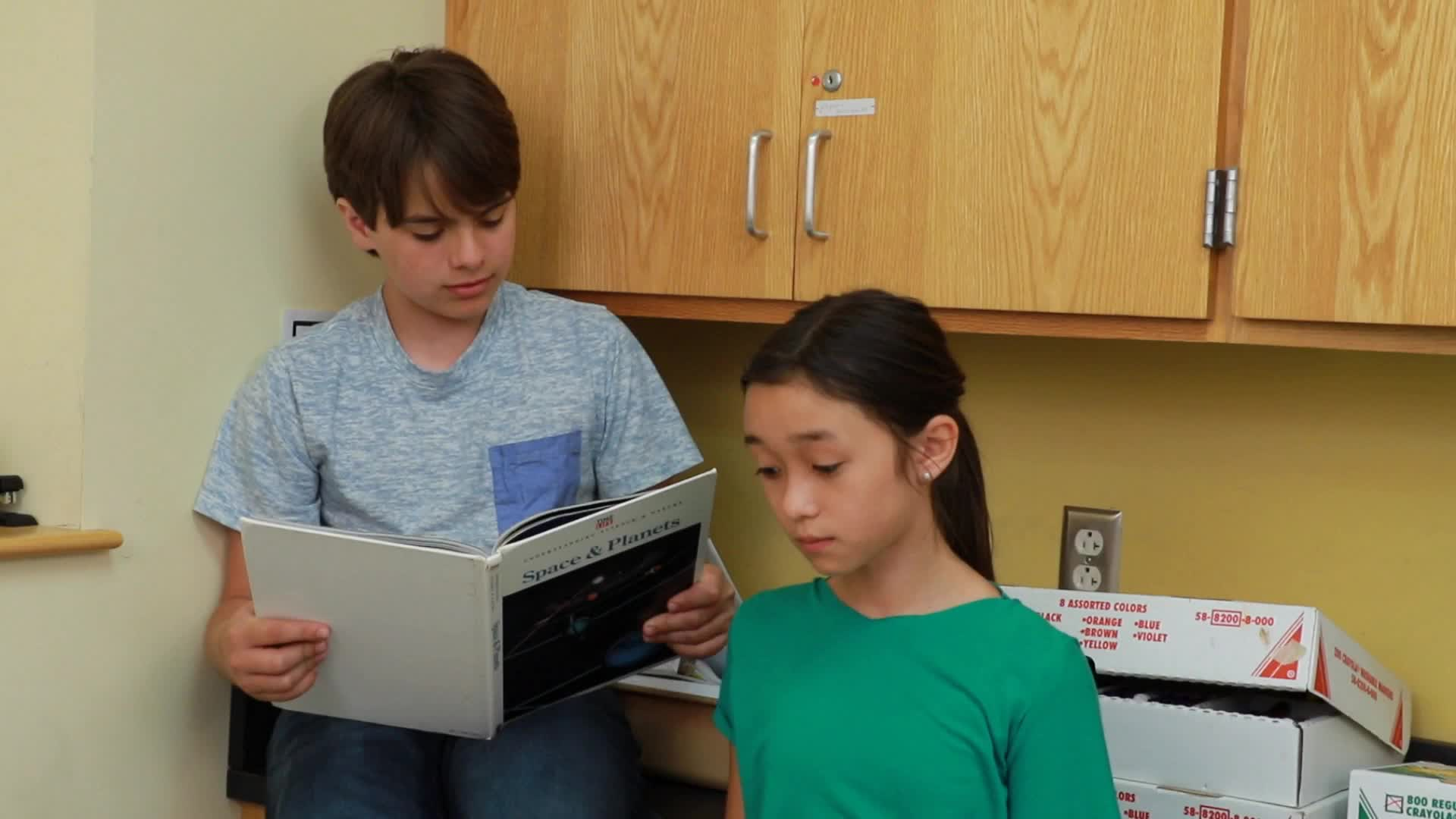
Introduction
Communication is a crucial aspect of social interaction, and it’s essential for students in Special Education to develop effective communication skills. One common challenge students might face is knowing how to respond when asked a question. Sometimes, they may not be sure of what to say and end up responding with “I don’t know,” which can lead to misunderstandings or hurt feelings. This blog post will discuss strategies to help students focus on the questions being asked and provide appropriate answers. Additionally, we’ll explore a no-prep activity for educators to practice these skills with their students.
No-Prep Activity: The Question Train
This activity is designed to help students practice focusing on questions and responding thoughtfully without any additional preparation or materials required from the educator. Here’s how it works:
- Have students sit in a circle or arrange their seats facing each other.
- Explain that each student will take turns asking a question to the person sitting next to them.
- The person being asked the question should take a moment to focus on the question, think about their response, and then answer.
- Once the first person has answered, they’ll ask a question to the next person in the circle, and so on.
- Continue the activity until every student has had a chance to ask and answer a question.
This activity encourages students to practice active listening and thoughtful responding, helping them build better communication skills.
Discussion Questions
After completing the activity, engage the students in a discussion to reinforce the skills they’ve practiced. Here are some questions to consider:
- How did it feel to take a moment to focus on the question before answering?
- Did you find it easier to come up with an appropriate response when you focused on the question?
- Why is it important to think about our answers before responding to someone’s question?
- How can we continue practicing these skills in our daily lives?
- Can you think of a situation where you could have used this strategy to improve your communication?
Related Skills
Beyond focusing and responding to questions, there are other relevant skills students in Special Education can benefit from. These include:
- Active Listening: Paying close attention to what others are saying, asking clarifying questions, and providing feedback.
- Empathy: Understanding and sharing the feelings of others to strengthen connections and support their emotional well-being.
- Self-Awareness: Recognizing one’s own emotions, strengths, and weaknesses to better understand personal needs and preferences.
- Problem-Solving: Identifying issues, analyzing potential solutions, and implementing appropriate actions to address challenges.
Next Steps
Teaching students in Special Education how to focus and respond to questions is a vital component of their social-emotional development. By incorporating these strategies and activities into your curriculum, you’ll be providing valuable tools to help them succeed in various social situations. To access free samples of lessons and materials related to these skills and others, we encourage you to visit Everyday Speech’s sample materials. Sign up today and explore the wealth of resources available to support your students’ social-emotional learning journey.





